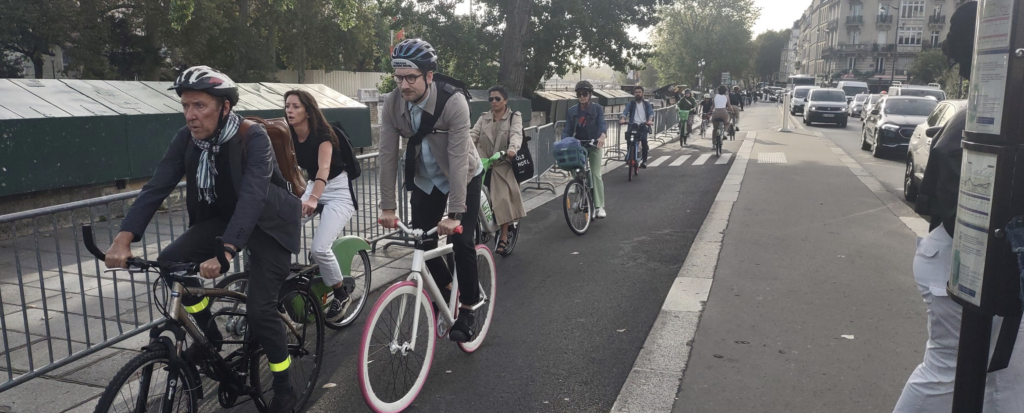Must Read
The problem with elevators in America. Market Urbanism’s Stephen Smith has an op-ed in the New York Times opening up a new front in the YIMBY effort to expand housing supply in the US. Smith argues that the development of affordable, sustainable multi-family housing in the US is thwarted by two arcane regulatory barriers: the prohibition on most “single-stair” multi-family buildings, and excessive requirements for elevators.
Elevators may seem like an arcane, even irrelevant factor, but Smith shows how regulatory capture of building standards has led to over-sized and over-priced elevators in the US compared to the rest of the world. Paradoxically, the high cost of elevators dramatically reduces accessibility because so few multi-story buildings are built with elevators. And sadly, decisions about crucial policy issues like elevator standards and single-stair prohibitions have been effectively delegated to private, self-interested groups: There never was a conscious, balanced democratic decision. Smith’s op-ed argues its time that the broader public interest be reflected in these decisions.
Randomness and Cities. NYU’s Alain Berthaud has an insightful commentary on the economic importance of cities promoting random contacts. We’ve called this phenomenon “optimal serendipity”–cities through people from different backgrounds and outlooks together in wholly unpredictable ways, which though sometimes fraught with friction, often triggers learning, innovation and improvement. Berthaud argues:
Randomness makes city life exciting and productive, and how we design cities can multiply or reduce the chances of serendipitous encounters of people and ideas. Creativity and innovation, two of the most desirable traits of metropolitan environments, depend on unplanned meetings between people of different skills, tastes, and backgrounds.
These interactions are limited or stifled by many aspects of modern life. Sprawling single family development and car dependent transportation systems isolate us from one another and limit random interaction. More recently, remote work has further reduced serendipity. Cities should recognize that this kind of interaction is their competitive advantage.
Paris as a model for reducing car-dependence. Paris Mayor Anne Hidalgo has pushed forward aggressively to implement the idea of 15-minute living in Paris. In the process, and in short order, Hidalgo has dramatically re-shaped the city, in ways that should be a lesson to any US mayor who professes to care about urban livability and climate change. The key has been taking space away from cars. As Urban Institute’s Yonah Freemark writes:
Notably, in 2013 and 2016, Mayor Anne Hidalgo closed highways that once ran on the Seine River banks to cars. This change created new public spaces open to pedestrians and cyclists in the city center.
Contrary to the folk wisdom of highway engineers, closing the expressways didn’t create gridlock on local streets.
Instead, limiting car traffic, cutting back on parking, and providing robust alternatives in the form of greatly expanded cycling infrastructure and improved transit, has led to a city that is cleaner, greener, more livable and less car-dependent. The numbers are stunning:
These transportation policies have transformed people’s travel patterns, both in the city and region-wide. Overall, Paris has experienced a marked decline in car traffic, which fell by 50 percent on city streets between 2002 and 2022.
Parisians simply don’t drive as much as they did. The share of city households owning a car declined in 2020 to its lowest levels since at least 1975 (car ownership is also now declining in the suburbs), even as the share of households that owned a car increased substantially in France since 1995. The number of daily car trips taken by the average Paris resident is about half of what it was in the early 1990s.
US leaders ought to take a close look at Paris: While many embrace the rhetoric, few seem to have the courage to boldy dedicate themselves to fundamentally challenging auto dominance.
Kudos to our long-time friend and collaborator Carol Coletta, who was just awarded the American Landscape Association’s LaGasse Medal. Carol was recognized for her work in turning a dowdy and under-used stretch of riverfront into a dynamic urban park. That achievement comes on the heels of a far reaching career as a fierce and fearless advocate for cities.. Bravo!


